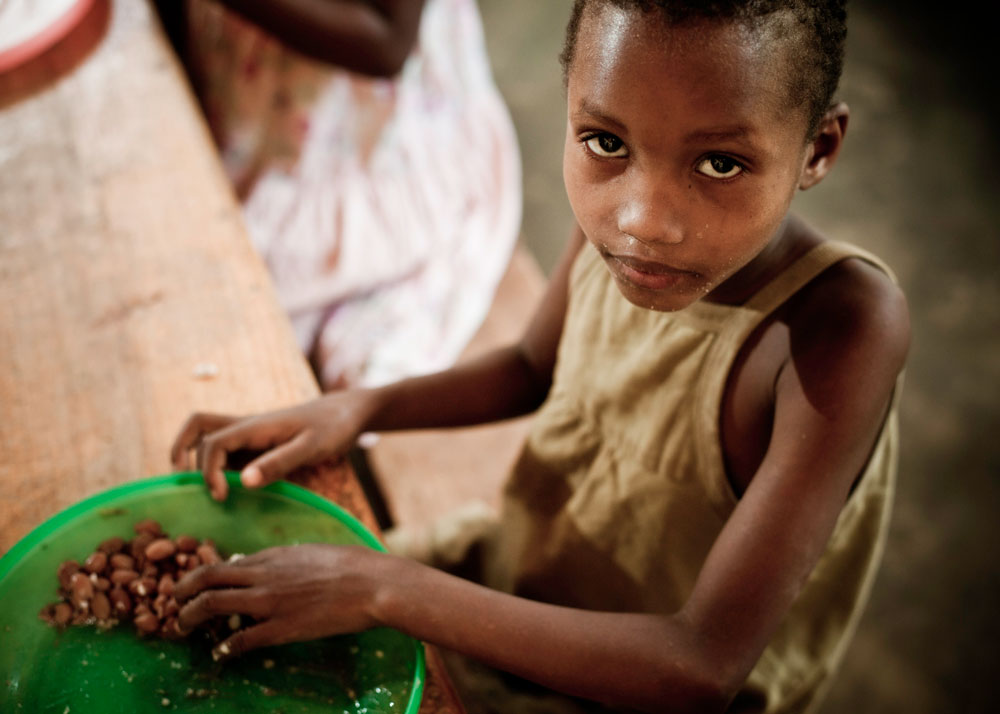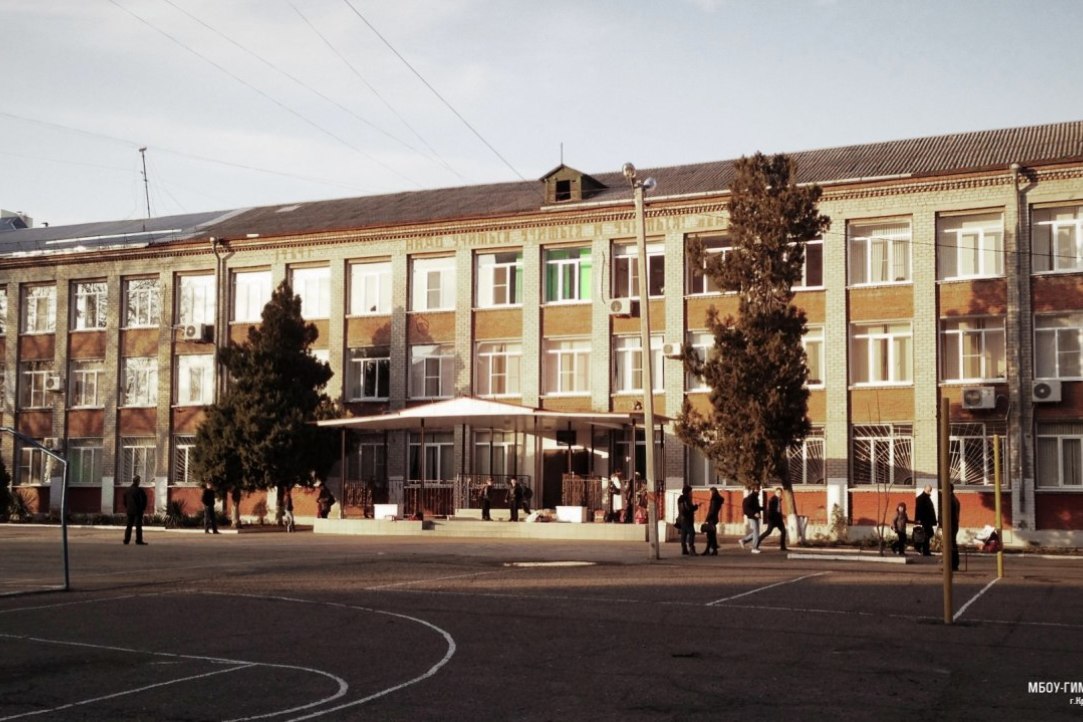In some former Soviet bloc countries, men often die early due to alcohol abuse. Alcoholism-related mortality varies considerably from one region to another, according to a study in the European part of Russia, Belarus, Lithuania and Poland. The most problematic regions in these terms are north-western and western Russia, eastern and north-western Belarus, south-eastern Lithuania, and eastern and central Poland, say an international team of demography researchers that included scholars from HSE University.


.jpg)









.jpg)







